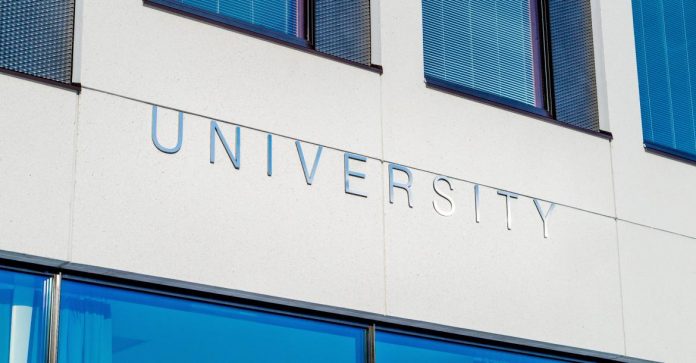As an adolescent, many of us heard the phrase “go to college”. Repeatedly our elders and friends as well as family would constantly state the same expression throughout the years. The rise of higher education in the United States has demonstrated that the younger generations are taking this advice and achieving their goal of a college degree. Yet, in many blue-collar areas and professions, younger generations have determined that university level schooling is not only a waste of time, but they actively criticize those who pursue it. The problem lies not with either side, but with a completely separate group.
The rising cost of tuition has seen a smaller and smaller number of students transition from high schools to universities and colleges. The increased financial burden now reduces the number of educated professionals and creates a large unskilled workforce living on low wages and salaries. The culprit? Government interference, the usual suspect. In an attempt to increase graduation rates and raise the standard of living here in the United States, the government has continuously increased tuition assistance and scholarships. Because of this, prices have skyrocketed. In a very short-sighted point of view, this program is beneficial, more government money equals more graduation, which translates to a better country. Except this notion does not account for capitalism.
In a capitalistic society, prices and costs are dictated by diversity. If there are more options to choose from then the prices become lower which then allows the public greater economic freedom. However, when the government becomes involved, the balance is tipped, and the process becomes unproductive. The incentive for universities to lower their tuition rates diminishes as more and more students are supported by the U.S Federal government and its banks. For those who do not qualify for financial aid or are not as academically inclined, this creates a huge bill that many simply cannot afford.
With the increase in cost, a college degree is viewed less desirably. People are unable to assume huge education debts that are needed to one day pursue a career field which a degree in needed. These factors have created an image that is unattainable for many and thus has earned colleges a reputation as both unnecessary and useless. If the overall prices were to decrease, the graduation rates would continue to rise, and the large unskilled workforce would lessen substantially.
As always, government interference has interrupted a functioning system and has left it crippled and unsustainable. If the current structure remains, America will find herself with a large uneducated populace and a very select few capable of affording the ridiculous cost of an education. Let the people decide and let capitalism do as it always does.

